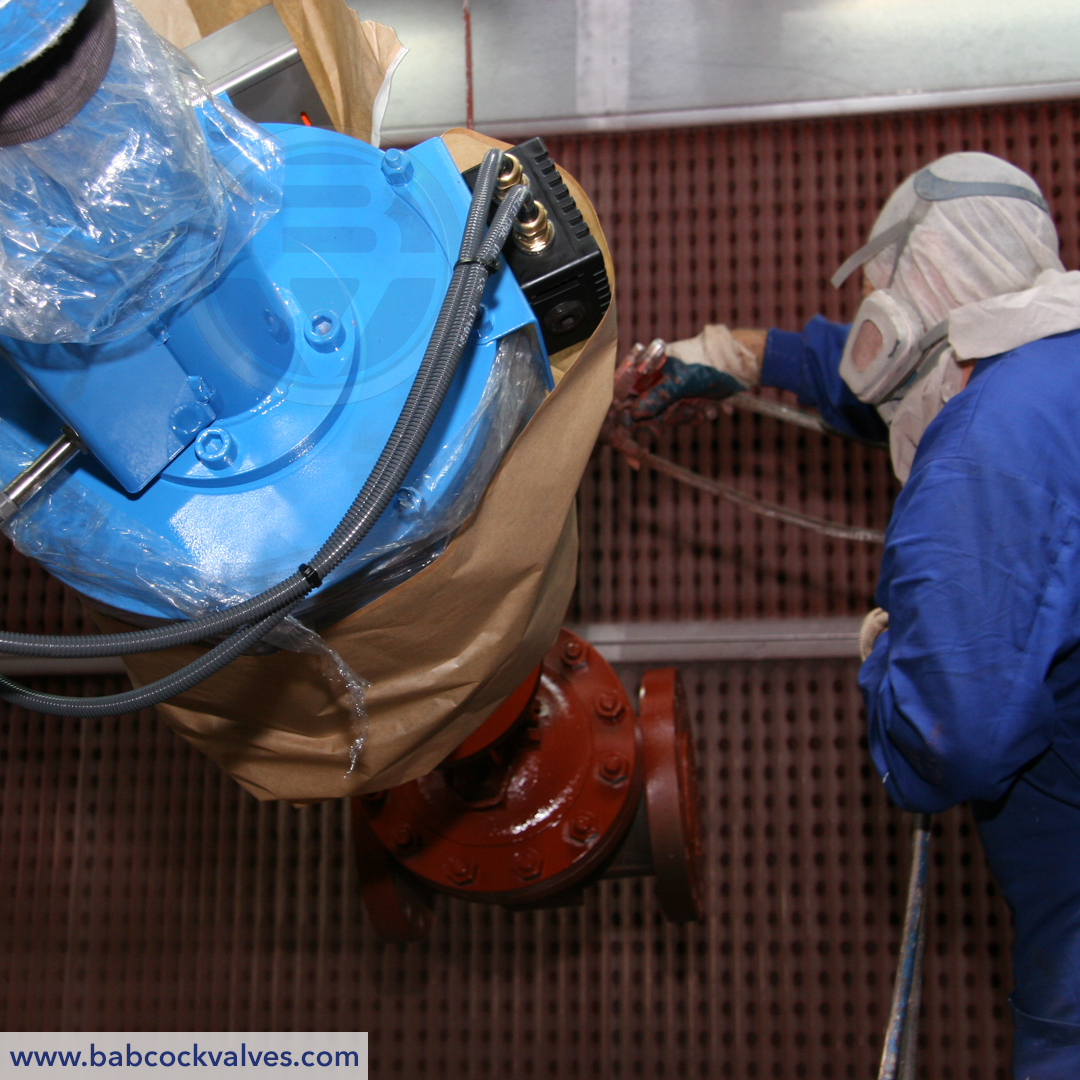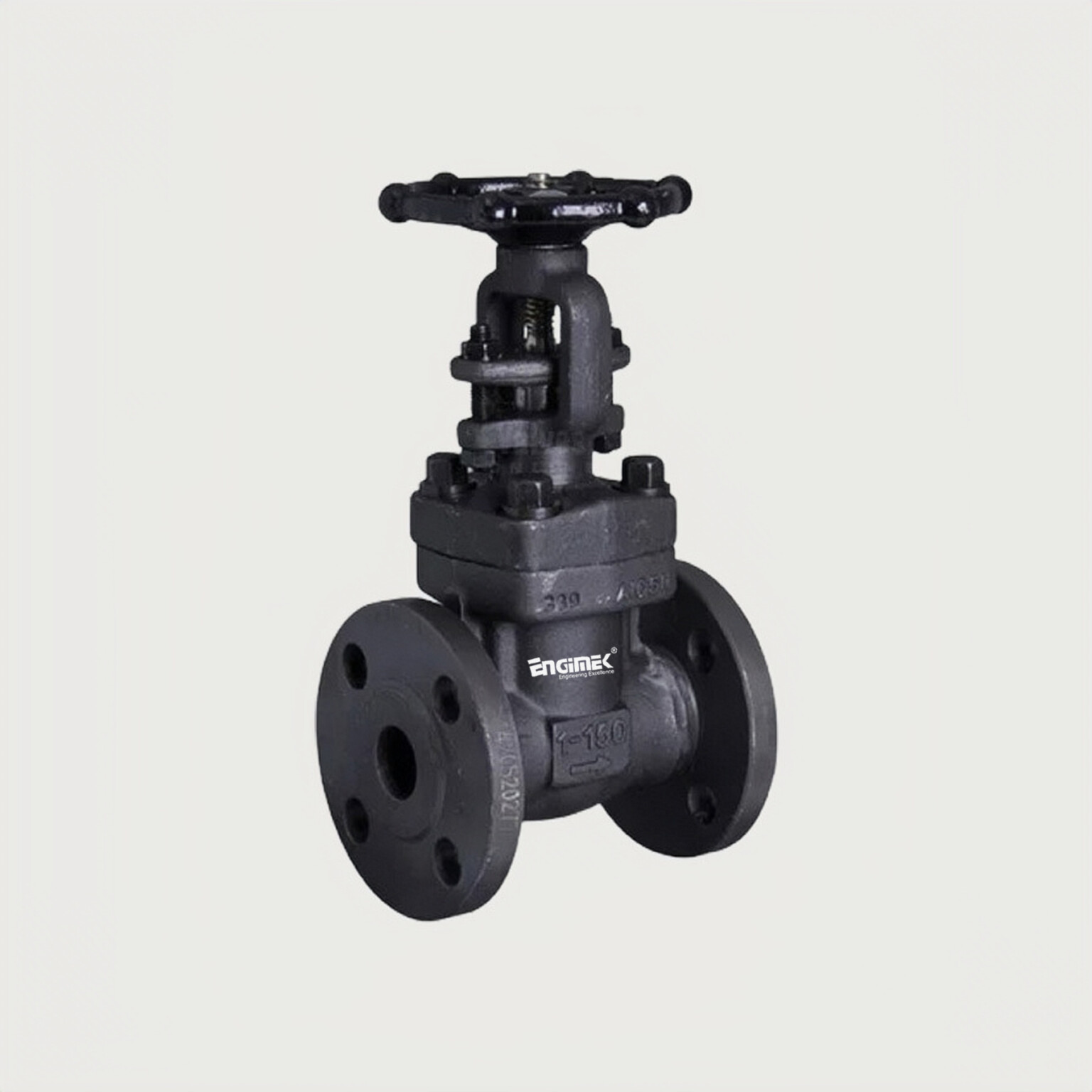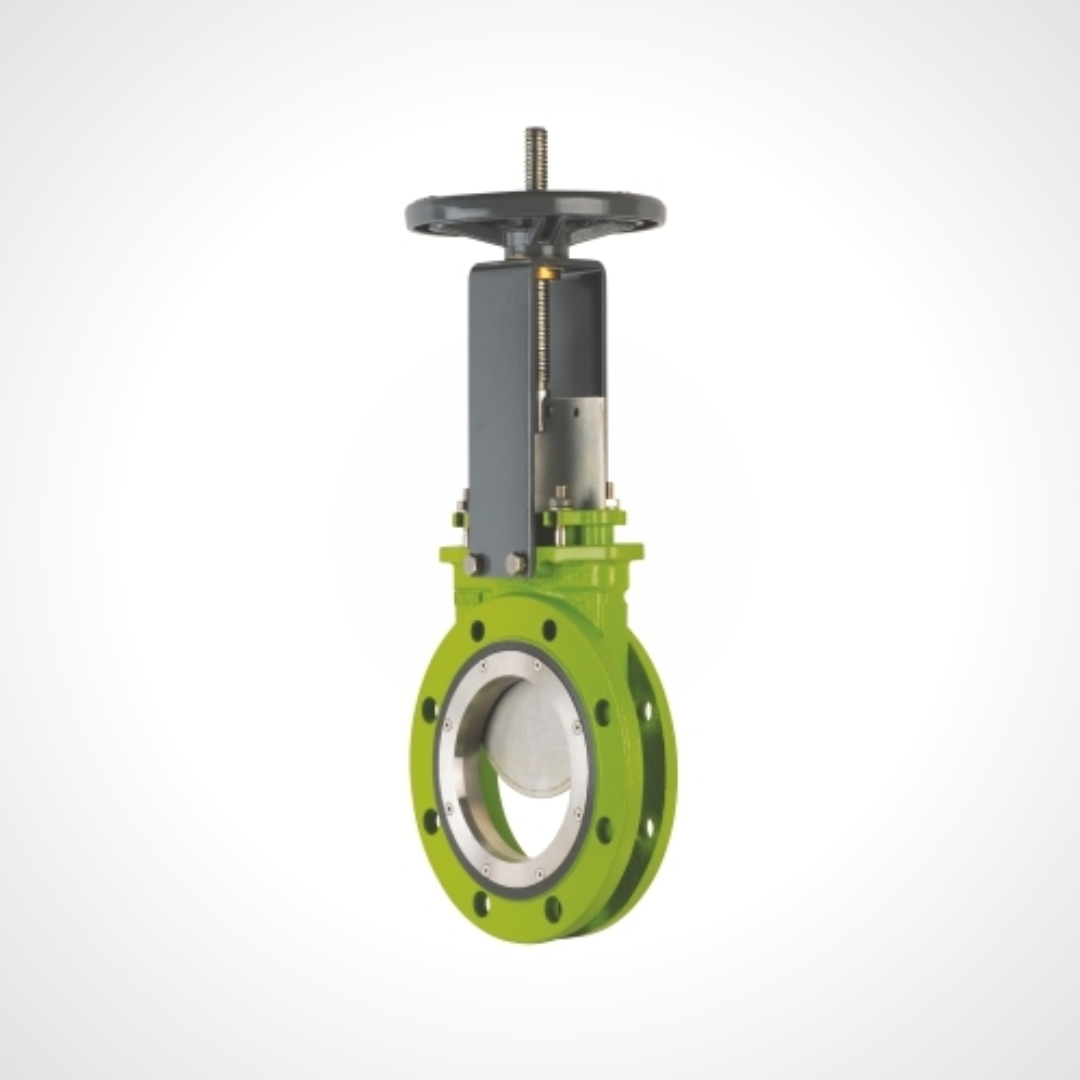Prevent Scaling On Gate Valves By Coating - A Simple Fix
You know, keeping things running smoothly in any system that uses pipes and valves is, in a way, a pretty big deal. Sometimes, though, little things can cause a lot of trouble. One of those things is something called "scaling" inside your gate valves. It's like mineral deposits building up, and it can really mess with how well your valves work. Luckily, there's a straightforward approach that can help you avoid this problem before it even starts: putting a special layer on the inside of those valves. This simple step can keep things flowing freely and save you a lot of headaches later on, so it's almost a no-brainer.
Scaling, as a matter of fact, happens when minerals or other substances in the fluid passing through your pipes start to stick to the inner surfaces of your valves. Over time, these layers get thicker and thicker. Imagine trying to open or close a door when something is wedged in the way; that's kind of what happens to your valve. This build-up can make your valves stiff, cause them to leak, or even stop them from working altogether. It's a common issue, especially where water or other liquids with dissolved solids are involved, and it can sneak up on you.
The good news is that you can actually take steps to stop this issue before it has a chance to take hold. By putting a protective layer on the surfaces inside your gate valves, you create a barrier that makes it really hard for those deposits to stick. This means your valves keep doing their job, opening and closing just as they should, without getting gummed up. It's about being proactive, you know, making sure a small problem doesn't grow into a much bigger one down the road. This method helps to keep those unwanted things from showing up.
Table of Contents
- What is Valve Scaling, Anyway?
- How Can Coatings Prevent Scaling on Gate Valves?
- The Benefits of Stopping Scaling Early
- Are There Different Ways to Apply Coatings?
- What to Look for in a Coating Service?
What is Valve Scaling, Anyway?
When we talk about valve scaling, we're really talking about a build-up of unwanted stuff inside your pipes and valves. Think of it like the inside of an old kettle that's been used a lot for boiling water; you get those chalky deposits. In industrial settings or even in your home's plumbing, this happens when liquids carrying dissolved minerals or other particles pass through. These particles decide to settle down and stick to the surfaces, especially where there might be a bit of friction or a change in flow. Over time, these layers can become quite thick, which, you know, causes a lot of trouble for the smooth operation of your system. It's a common issue that can really hamper how well things work, making it harder for fluids to pass through or for parts to move freely, and it tends to be a bit of a nuisance.
Why Gate Valves Get Scaling Problems to Prevent Scaling on Gate Valves by Coating
Gate valves, in particular, are somewhat susceptible to scaling because of how they're built and how they operate. These valves have a "gate" or wedge that moves up and down to allow or stop fluid flow. When that gate moves, it creates surfaces where minerals can easily start to cling. If you have water with a lot of calcium or magnesium, or even certain chemicals, those substances can leave deposits behind. This build-up on the gate itself or on the seating surfaces means the valve can't close all the way, leading to leaks, or it might get stuck open or closed. It's basically like trying to shut a door when something is caught in the doorframe, which, you know, makes it pretty difficult. This is why finding ways to prevent scaling on gate valves by coating is so important; it helps to stop these problems from ever getting a start.
How Can Coatings Prevent Scaling on Gate Valves?
Applying a special coating to the inside surfaces of your gate valves works a bit like putting a non-stick layer on a frying pan. When you cook with a non-stick pan, food doesn't stick, right? It just slides off. It's the same idea here. These coatings create a smooth, slick barrier that makes it incredibly difficult for minerals, sediments, or other debris to attach themselves to the valve's inner workings. Instead of sticking and building up, these particles are more likely to just flow right through with the liquid. This means your valve stays cleaner, the gate can move freely, and the seal remains tight. It's a very straightforward way to keep things from getting gummed up, and it really helps to stop the problem before it even begins to show its face.
- Uniform Connection In Lincoln Ne
- Comfort Cases
- Ufc Gym Corona
- Rocky River Golf Club At Concord
- The Grill Mccordsville Indiana
Choosing the Right Coating to Prevent Scaling on Gate Valves by Coating
Picking the right kind of coating to prevent scaling on gate valves by coating is, you know, a pretty important step. Not all coatings are created equal, and what works best really depends on what kind of liquid is flowing through your valves. For instance, if you're dealing with hot water, you'll need a coating that can handle high temperatures without breaking down. If it's a chemical, the coating needs to be resistant to that specific chemical so it doesn't corrode or wear away. Some common choices include epoxy-based coatings, ceramic layers, or even specialized polymer materials. The goal is to find something that is very durable, has a very low friction surface, and can stand up to the specific conditions inside your pipes. Getting this choice right means the coating will do its job for a long time, helping to keep those valves working properly and making sure no unwanted build-up occurs.
The Benefits of Stopping Scaling Early
Stopping scaling before it even starts offers a whole bunch of good things for your system. For one, your equipment lasts longer. When valves don't get clogged or corroded by scale, they don't wear out as quickly. This means you won't have to replace them as often, which, you know, saves money and hassle. Also, your system runs more efficiently. If valves are partially blocked by scale, pumps have to work harder to push fluid through, using more energy. A clean valve means less strain on your pumps and lower energy bills. It also means less downtime for maintenance and repairs, which is a big deal for any operation. It's really about keeping everything humming along smoothly, avoiding those unexpected stops that can cost a lot of time and resources. This proactive approach helps to avert many potential issues.
Saving Money by Preventing Scaling on Gate Valves by Coating
Let's talk about the money side of things, because saving money by preventing scaling on gate valves by coating is, in a way, a very clear benefit. When scaling happens, you're looking at a few different costs. There's the cost of repairs, which can be pretty expensive if a valve needs to be taken apart or replaced. Then there's the cost of lost production if your system has to shut down while those repairs happen. You also have the hidden cost of inefficiency, like higher energy bills because pumps are working overtime. By putting a coating on your valves, you essentially avoid these costs. It's an upfront investment, yes, but it often pays for itself many times over by stopping those expensive problems from ever showing up. It's a bit like doing a small fix now to avoid a huge bill later, which, you know, just makes good sense financially. It really helps to keep your operational spending in check.
Are There Different Ways to Apply Coatings?
Yes, there are, in fact, several ways to put these protective layers onto your gate valves. The method chosen often depends on the type of coating material and the size or shape of the valve. One common way is spray application, where the coating material is sprayed onto the valve surfaces, a bit like spray painting. Another method is dipping, where the valve part is actually submerged into a bath of the coating material. Sometimes, a brush or roller might be used for certain areas or touch-ups. For some specialized coatings, a process called fusion bonding might be used, where the material is heated and then applied to create a very strong bond. Each method has its own pros and cons, and the goal is always to get a very even, very complete layer that will stick well and do its job for a long time. It's about getting that barrier just right.
Making Sure Your Coating Works to Prevent Scaling on Gate Valves by Coating
After a coating has been applied to prevent scaling on gate valves by coating, it's pretty important to make sure it's actually doing what it's supposed to do. This often involves a few checks. For example, you might look at the thickness of the coating to make sure it's even and sufficient. Sometimes, there are tests to check how well the coating is sticking to the valve material. You might also do a visual inspection to look for any spots that were missed or any imperfections that could lead to problems later on. It's all about quality control, really, making sure that the job was done right so that the coating can effectively stop any scale from forming. A well-applied coating is, you know, key to getting the full benefits and keeping those valves in top shape for a good while. This step helps to ensure the effectiveness of the protective layer.
What to Look for in a Coating Service?
When you're thinking about getting coatings for your gate valves, picking the right service provider is, you know, a pretty big deal. You want someone who really knows their stuff. Look for a company that has a lot of experience with industrial coatings and specifically with valves. They should be able to talk to you about the different types of coatings available and help you pick the best one for your particular situation, considering the liquids you're dealing with and the operating conditions. It's also good if they have a clear process for application and quality control, so you know the job will be done right. You want a team that is very reliable and has a good reputation for doing solid work. This way, you can feel pretty confident that your valves will be protected effectively. It's about finding a partner you can trust with your equipment.
Keeping Up with Coatings to Prevent Scaling on Gate Valves by Coating
Even after you've applied a coating to prevent scaling on gate valves by coating, it's a good idea to keep an eye on things over time. While coatings are designed to last, nothing lasts forever, especially in tough operating conditions. Regular checks of your valves can help you spot any signs of wear or damage to the coating early on. If you notice any issues, sometimes a touch-up or reapplication might be needed. It's a bit like maintaining anything else important; a little bit of attention now can save you a lot of trouble later. This ongoing care helps to make sure that the protection against scaling remains strong and that your gate valves keep working without a hitch for as long as possible. It helps to keep those unwanted deposits from ever taking hold.
- Comfort Cases
- Or Mash Body
- Max And Ruby Cake
- Doing Steel Springfield Missouri
- Rocky River Golf Club At Concord

Babcock Valves painting/coating area - Babcock Valves

Gate Valves Archives - Engimek Valves

Knife Gate Valves - Maharashtra Tube Corporation